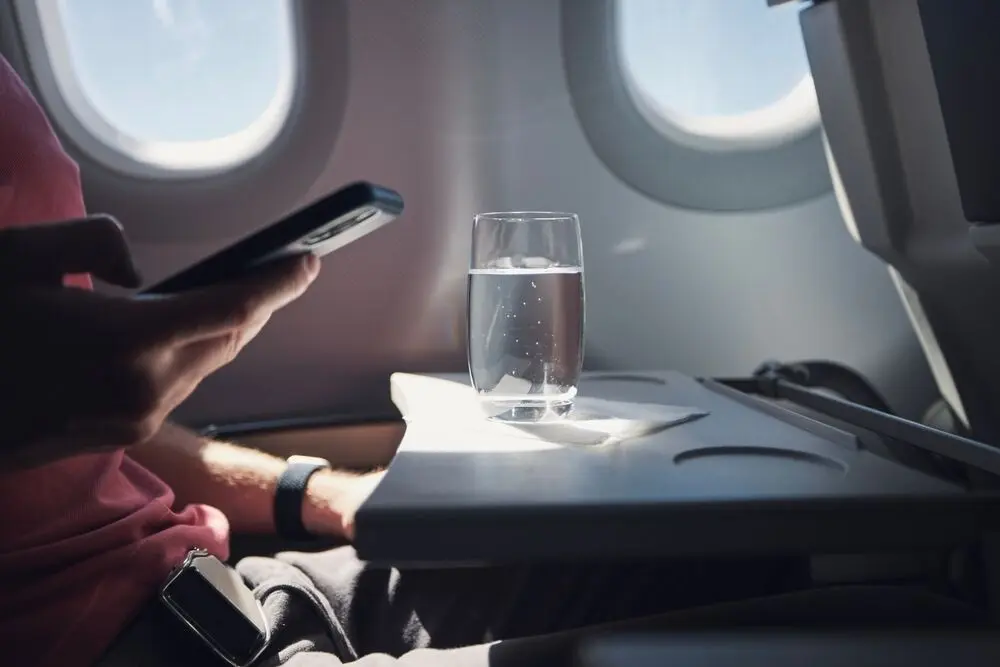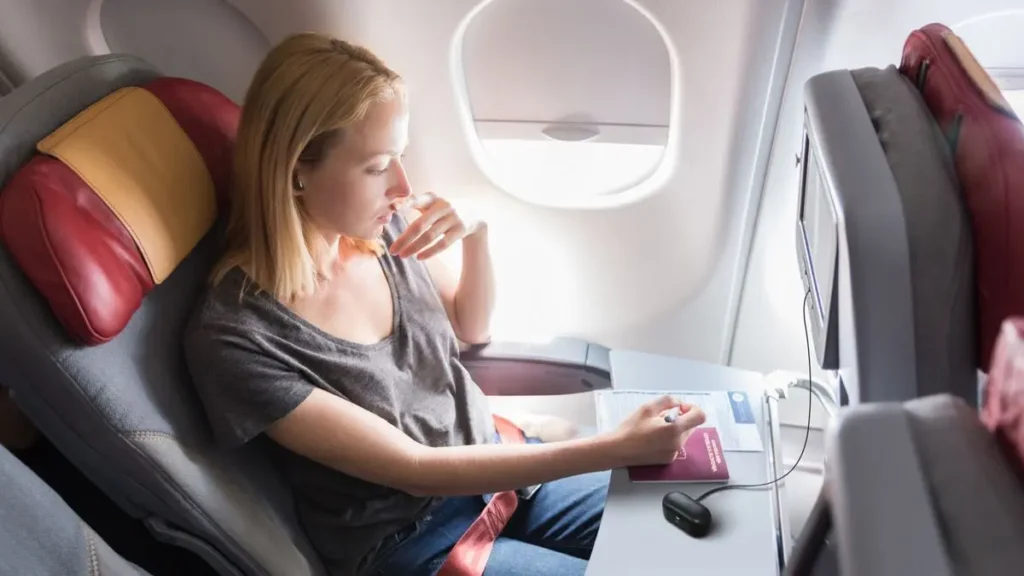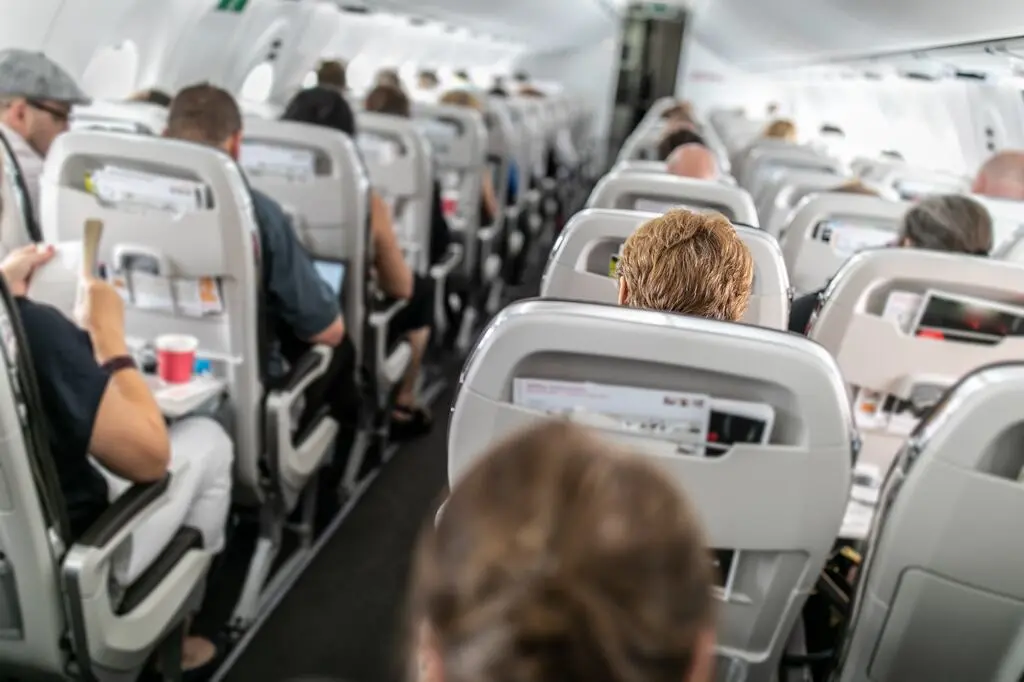Air travel might seem harmless—just a few hours above the clouds—but did you know that your body can lose up to 8% of its water content during a single flight? That’s not just a fun fact—it’s a powerful reason to rethink how you hydrate in the air.
The cabin of a typical commercial airplane is a desert-like environment. The humidity levels can drop as low as 10 to 15 percent. To put that in perspective, that’s drier than the Sahara Desert!
Why It Happens
Your body naturally loses water through breathing, sweating, and even speaking. On a plane, the low humidity forces your body to work overtime to stay balanced. You lose more moisture through your skin and respiratory system without even realizing it.

This phenomenon is especially noticeable on long-haul flights where you may go hours without drinking water. It’s why your lips feel dry, your eyes sting, and you land feeling completely drained.
Water Is Your Body’s Engine Oil
Think of water as your body’s mechanical oil. It keeps your organs functioning, your skin elastic, and your energy levels high. When you lose too much of it—like during a flight—everything slows down. Dehydration can affect your mood, your focus, and even your digestion.
Signs You’re Dehydrated Mid-Flight
- Dry mouth and throat
- Headaches
- Fatigue
- Dizziness
- Reduced urine output
How to Stay Hydrated While Flying
Luckily, preventing in-flight dehydration is easy if you’re mindful. Here are a few quick tips:
- Drink water frequently, even if you don’t feel thirsty.
- Avoid alcohol and caffeine, which are diuretics.
- Use hydrating facial mist or moisturizer to help your skin.
- Bring an empty bottle and fill it up after security.
- Eat water-rich foods like fruits or salads before and during your flight.
Don’t Rely on Airplane Drinks

Those tiny cups of water handed out on flights? They’re not nearly enough. Most airlines serve less than 150ml per cup. You’d need about 8–10 cups just to stay hydrated on a medium-haul flight. That’s a lot of button-pushing for the flight attendant.
The Hidden Risks of Dehydration in the Air
Dehydration doesn’t just make you uncomfortable. In extreme cases, it can contribute to jet lag, muscle cramps, and even blood clots due to thicker blood consistency. Staying hydrated is also crucial for maintaining your immune system, which is especially important in crowded spaces like airplanes.
Athletes and Celebrities Know This Secret
Ever wonder why athletes or celebrities travel with their own water bottles and hydration packs? They know the effects of cabin dehydration can wreck performance, appearance, and energy. If it’s good enough for them, it’s good enough for the rest of us.
Flying Soon? Hydrate Before You Board
Here’s your pre-flight checklist:
- Drink a large glass of water an hour before boarding
- Avoid salty snacks at the airport
- Carry electrolyte tablets or hydration packs
- Moisturize your skin before takeoff
Hydrate Like a Pro
Flying may take you far, but it also silently drains your body’s most vital resource. Now that you know your body loses up to 8% of its water during a flight, you have the power to combat that. Hydrate like a pro, and you’ll land feeling fresher, sharper, and ready to conquer your destination.











